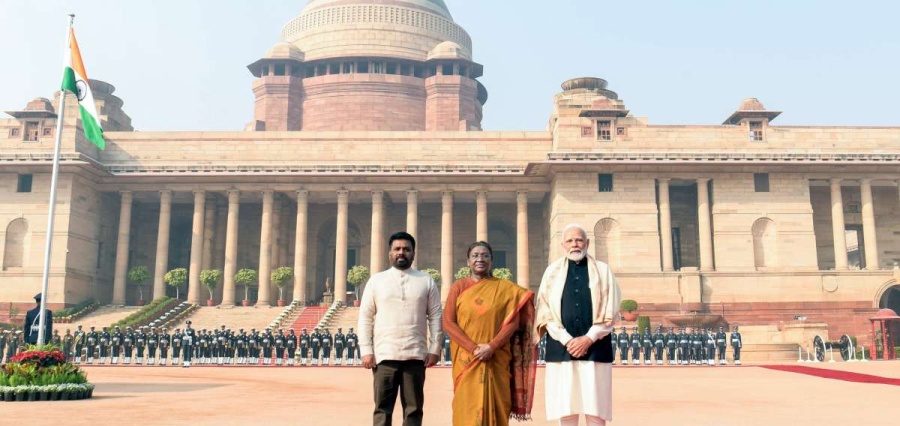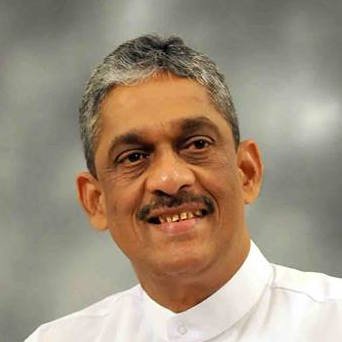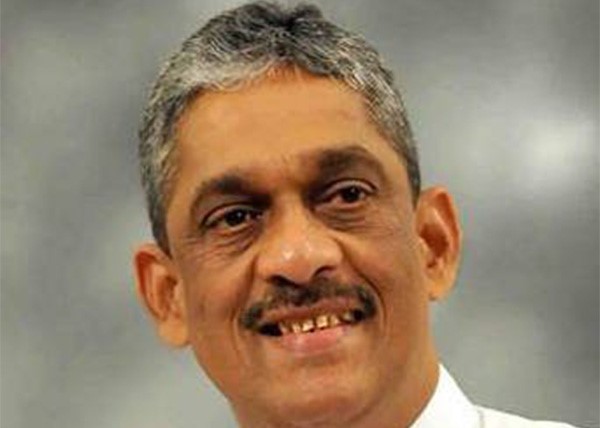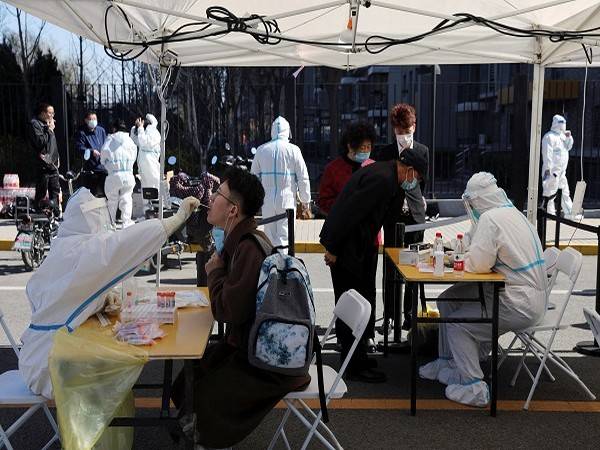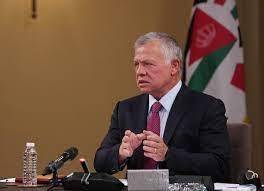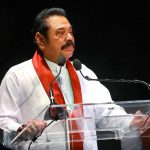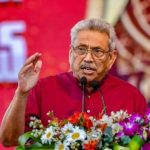Sri Lanka has been facing power cuts since February due to dwindling electricity production in hydropower plants as well as diesel shortages that have crippled the operations of thermal power plants…reports Asian Lite News
Amid the financial crisis, Sri Lanka will be experiencing 10-hour daily power cuts from Wednesday, announced Public Utilities Commission of the island nation.
The Ceylon Electricity Board said in a statement that they were “compelled to take demand management measures due to inadequate power generation, as a result of fuel shortage and unavailability of generators,” reported Xinhua.
Sri Lanka has been facing power cuts since February due to dwindling electricity production in hydropower plants as well as diesel shortages that have crippled the operations of thermal power plants, the Commission said.
Meanwhile, Ceylon Petroleum Corporation (CPC) on Tuesday announced that there will be a diesel shortage in the country on Wednesday and Thursday, reported Xinhua.

“We were unable to unload 37,500 tons of diesel shipment as planned on Tuesday. Therefore, we request the public not to queue up at filling stations for diesel on March 30 and 31,” CPC Chairman Sumith Wijesinghe told the media.
Wijesinghe said the remaining stocks of diesel would be given to essential services.
Sri Lanka’s currency has been also devalued by almost SLR 90 against the US dollar since March 8. Sri Lanka’s economy has been in a free fall since the COVID-19 pandemic due to the crash of the tourism sector.
Sri Lanka is presently facing a foreign exchange shortage which has led to a fuel, power and gas shortage and has sought the assistance of friendly countries for economic assistance.
India provided more than USD 500 million in foreign currency swaps to strengthen Sri Lanka’s foreign reserves, taking the total up to USD 900 million. India also extended the repayment time frame for the USD 500 million debt of Sri Lanka under the Asian Clearance Arbitration.

More recently on March 17, Sri Lanka signed a USD 1 billion credit line deal with India for the procurement of food, medicines and other essential items during Sri Lankan Finance Minister Basil Rajapaksha’s two-day visit to India.
The International Monetary Fund (IMF) on Friday recommended a number of measures, including tax hikes, for macroeconomic stability in Sri Lanka and also to mitigate adverse impacts on the vulnerable and the poor.
The report recommended implementing a credible and coherent strategy to restore macroeconomic stability and debt sustainability while protecting vulnerable groups and reducing poverty through strengthened, well-targeted social safety nets.
Sri Lanka’s Finance Minister Basil Rajapakse is scheduled to travel to Washington in April in order to seek IMF assistance to deal with the country’s economic crisis. (ANI)



